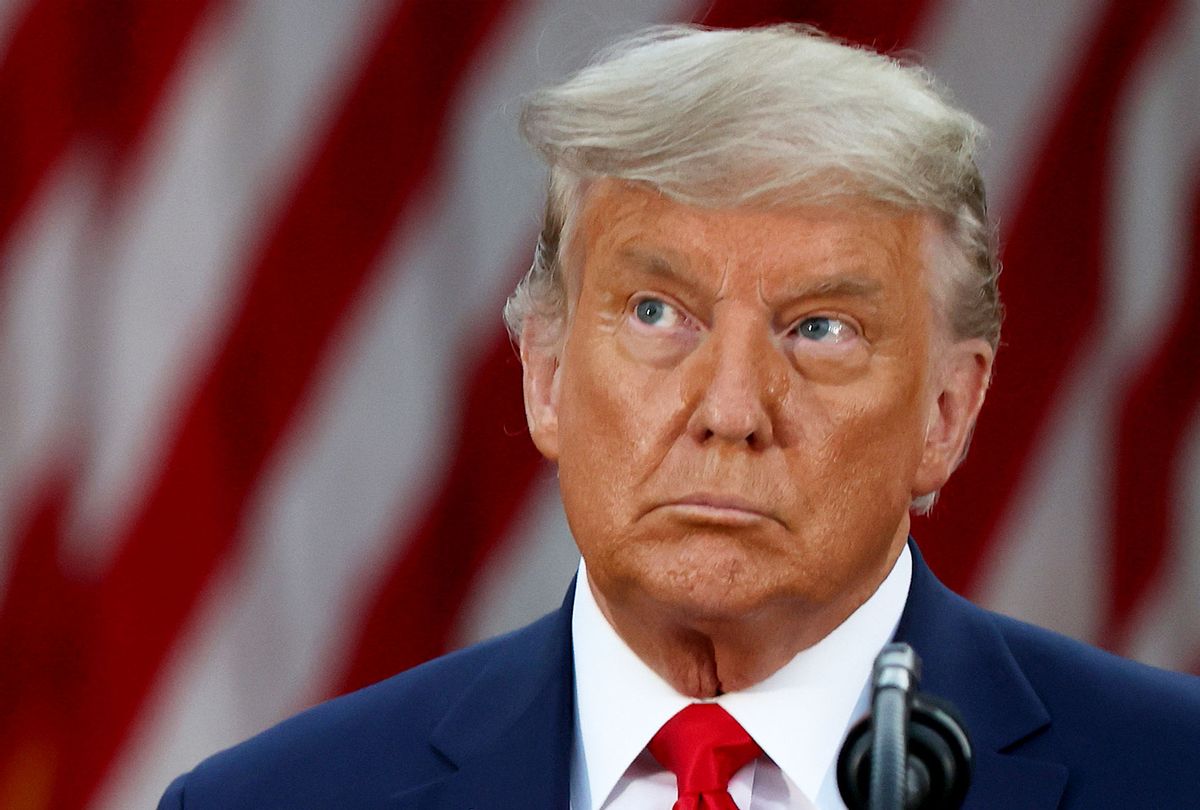On Thursday's edition of MSNBC's "The Beat," former Justice Department prosecutor Andrew Weissman — a key official who worked on special counsel Robert Mueller's Russia investigation — identified a clear piece of evidence that could, without much redaction, be released from the DOJ's affidavit to obtain the Mar-a-Lago search warrant, and provide damning new evidence against former President Donald Trump.
This comes after a federal magistrate judge signaled intent to release portions of the affidavit, pending redactions.
"What portion do you expect — for people to understand, because we've heard a lot of legal terms and redactions, there is more information coming — how much it is and how much of that is a win or loss is to be explained?" asked anchor Ari Melber.
"So remember that the district court — the magistrate judge has seen the entire affidavit, so when the government was saying it's all something that's sensitive to a criminal investigation or it's all something sensitive from a national security perspective or witnesses, he has in front of him the affidavit," said Weissman. "So he can sort of see, are there portions that don't implicate those concerns? So the thing that I think we will still not see is anything that could reveal the identity of witnesses. I don't think we're going to learn anything about the substance of classified information, those kinds of documents, so if we're concerned, for instance, was there nuclear information? I don't know that we're going to see that, and I think leads, things about various things that the Department might still be doing, so things that they saw in the surveillance tapes if that's in the affidavit, all of that could be fairly redacted."
But there is one other major aspect of the investigation, Weissman continued, that could be released.
"An area where I do think we could see something that would be very useful is the whole back-and-forth between the Department and Donald Trump and his people," said Weissman. "That's something that Donald Trump knows, those people can clearly put it out there and I could see the judge saying, you know what, I don't really see how that implicates so much the concerns here from a national security perspective. Maybe some of the substance would be redacted, but that seems like it would give us a fair amount of detail on something, and more than we know now."




Shares